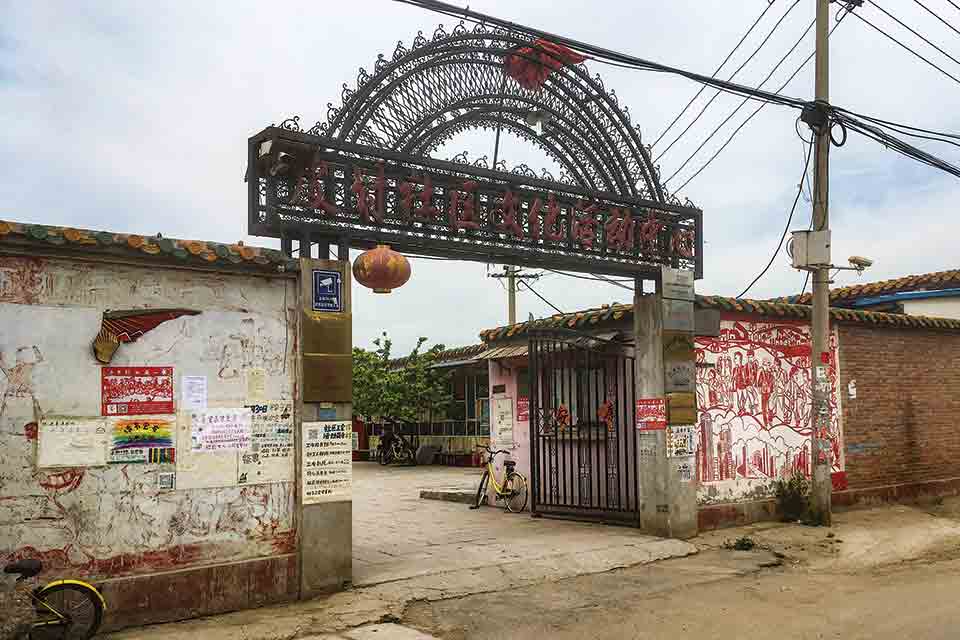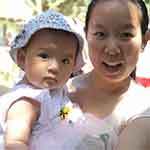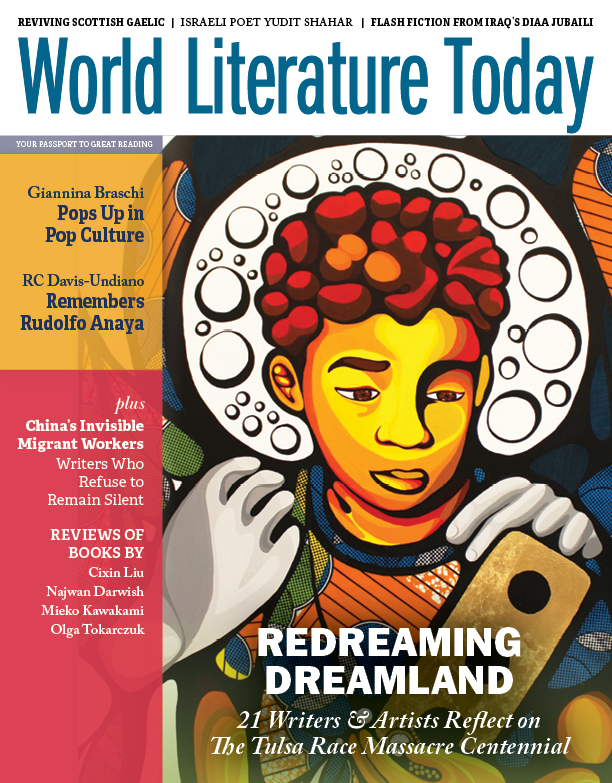My Impression of Picun

Fu Qiuyun, also known as Xiaofu, is a young migrant worker from Henan, China, and also the organizer of the literature group in Picun (aka the Pi Village). Picun is an “urban village” or “village in the city,” and the migrant workers are third-class citizens living in the periphery of China’s capital. In this short sketch of Picun, Fu has voiced the migrant workers’ feelings of injustice, powerlessness, and entrapment in Beijing.
I want to escape from Picun, where I have spent four years of life, because I cannot tolerate its poor living conditions anymore.
In my imagination, Beijing was a splendid metropolis filled with high-rise buildings and bright neon lights. My beautiful dream was instantly crushed when I traveled to Picun. Even though both are in the capital of China, Picun and downtown Beijing are two totally different worlds. Picun is a suburban village located beyond the East Fifth Ring Road. Small as it is, it is home to migrant workers from all over the country, including Henan Province, Hebei Province, Qinghai Province, the Inner Mongolia Autonomous Region, and the three Northeast provinces. Some of the residents are single, some are couples, some have families, some came with relatives. They work as carpenters, furniture-makers, exhibition helpers, short-term laborers . . . anything that can allow them to make a living.
Precisely because there are so many migrant workers in this small village, our living conditions have increasingly degraded. But why do people choose to squeeze into this village? Because we cannot afford renting an apartment in the downtown area, because the luxury department stores and fancy restaurants in the downtown area have driven us out. Whose fault is it? Is it the government policy or urban people’s discrimination against us? Without the migrant workers’ hard labor, what would Beijing be like today? Probably people would still live in the old single-story houses or quadrangle courtyards. Now Beijing is a prosperous city thanks to workers’ contributions, but the city is not grateful to us—it drives us out!
The residents in many other suburban villages in Beijing, including the one closest to Picun, have been relocated, and those villages have been demolished. But the demolition team hasn’t come to Picun yet. Maybe because the government does not have enough money for the reconstruction after the demolition; maybe because Picun is right below the flight line so no high-rise building can be erected here. Weirdly enough, more construction is going on this year in Picun. The village’s main street is being renovated. Perhaps some local people believed by doing so they would get more resettlement compensation when it’s Picun’s turn to be demolished. The ongoing construction has made Picun a worse place. Piles of construction garbage are left on the streets.
As the village’s residents, we are powerless and cannot find a solution. Many people say that the living conditions are horrible in Picun, but no one knows how to solve the problem. Eventually, people just learn to live with it.
Translation from the Chinese












